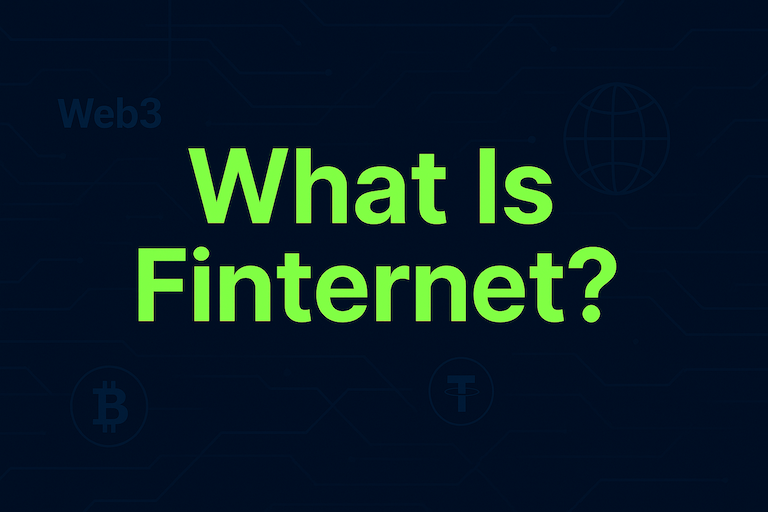What Are Network and Gas Fees?
Mar 19, 2025
In the world of cryptocurrency, understanding the intricacies of network and gas fees is essential for traders and investors alike. These fees play a crucial role in facilitating transactions on blockchain networks, affecting everything from the speed of transactions to overall trading costs. Comprehending how these fees work can help users optimize their trading strategies and make informed decisions. This blog post aims to demystify the concepts of network and gas fees, explore their significance in the blockchain ecosystem, and provide practical tips for managing these costs effectively.
Understanding Network Fees
Network fees are the charges incurred when a user conducts transactions on a blockchain network. These fees compensate the network's validators or miners for processing and confirming transactions within the decentralized system. The amount of the fee can vary significantly depending on several factors, including network congestion and the complexity of the transaction. When the network experiences high demand, users may face higher fees to ensure their transactions are prioritized. Thus, these fees can be a critical consideration for anyone engaging in cryptocurrency trading or transactions.
Network fees are often calculated based on the size of the transaction in bytes.
They can fluctuate dramatically based on real-time network activity.
Users can sometimes choose higher fees to expedite transaction processing.
These fees are typically paid in the network’s native cryptocurrency.
Understanding how to estimate network fees can lead to cost savings.
Exploring Gas Fees
Gas fees are specifically associated with transactions on Ethereum and other smart contract platforms. They represent the cost of computational resources required to execute operations on the blockchain. Each action taken on the Ethereum network, whether it's sending tokens or executing a smart contract, requires a certain amount of gas. The price of gas can vary based on network demand and the complexity of the operations involved. Users must consider gas fees, especially when engaging with decentralized applications (dApps) or trading tokens.
Gas fees are measured in gwei, which is a denomination of Ethereum.
The more complex the transaction, the higher the gas fee may be.
Gas prices can change rapidly based on network congestion.
Users can set a maximum gas price to control their spending.
Monitoring gas fees can help users time their transactions effectively.
The Importance of Fees in Trading
Both network and gas fees can significantly impact the overall cost of trading in the cryptocurrency market. High fees can eat into profits, especially for traders who engage in frequent or small transactions. Understanding how these fees work allows traders to optimize their strategies and choose the best times to execute trades. Moreover, being aware of fees can help in selecting the right platforms and services that offer competitive rates. Ultimately, minimizing fees can enhance profitability and provide a better trading experience.
Traders should evaluate the fee structure of different exchanges.
Utilizing exchanges with lower fees can maximize returns.
Timing transactions during periods of low network activity can save costs.
Some platforms offer fee discounts for high-volume traders.
Comparing fee structures across platforms is essential for successful trading.
Strategies for Managing Fees
To navigate the complexities of network and gas fees, traders can adopt several strategies. Being proactive about fee management can lead to significant savings over time. One effective approach is to monitor network conditions regularly, which can inform users when fees are likely to be lower. Additionally, utilizing tools or websites that track gas prices can help identify optimal times for transactions. Educating oneself about the fees associated with different types of transactions is also crucial.
Use fee tracking tools to monitor real-time gas prices.
Choose off-peak times for transactions to lower fees.
Consider batch transactions to reduce costs.
Explore alternative blockchains with lower fees for specific activities.
Stay informed about updates and changes in network fee structures.
Conclusion
In conclusion, understanding network and gas fees is vital for anyone participating in the cryptocurrency market. These fees influence transaction speed, costs, and overall trading strategies. By gaining insight into how these fees work and implementing effective management techniques, traders can optimize their experiences and enhance profitability. As the cryptocurrency landscape continues to evolve, staying informed about fee structures will remain a critical component of successful trading.
Start your safe cryptocurrency journey now
Fast and secure deposits and withdrawals, OSL safeguards every transaction !


